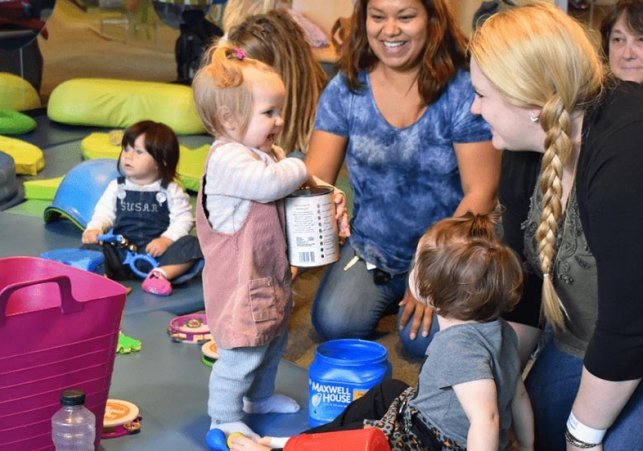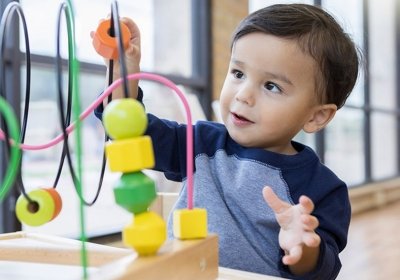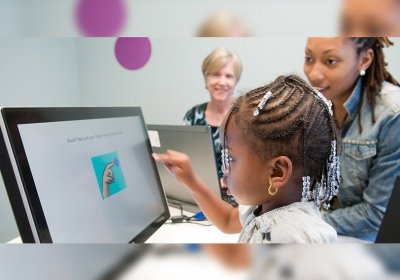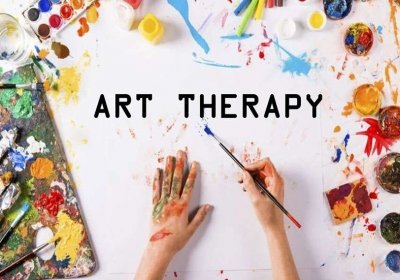
BRING OUT THE CHILD WITHIN YOU
- By Asha --
- Friday, 12 Aug, 2022
PHYSICAL, SOCIAL, COGNITIVE, AND EMOTIONAL DEVELOPMENT OF A CHILD
-
To understand child development from the child’s perspective.
-
Understand the theory of mind.
-
Reflect on our role in helping children to stay relevant and essential. INNOCENCE
-
Mundane affairs do not spoil children’s simplicity, their lack of knowledge, and their
purity.
-
Creating an environment for them to share what they feel, reflect on what they speak, make them understand what is right and what is wrong, and understand perspectives are all important aspects to be made note of.
-
Is the tool for dealing with uncertainty and insecurity of life when one is rather helpless.
-
Children don’t carry any past experiences, or baggage and live in the present.
-
Children have the amazing ability to just see the good, to say hello to everyone and everything, to sing randomly, or to hear a song on the radio and break out in a spontaneous dance.
-
It is the responsibility of adults to keep the innocence of the child intact by interacting with them and fostering their growth positively. Listening to and answering their questions also help them get connected to the real facts which are manageable and sensible to the child.
-
Give them truthful answers (for example helping them understand the death of loved ones)
-
Accepting the children the way they are and respecting their innocence is very important.
-
Innocence comprises the components like simplicity, wonder (imagination and reality), and freedom from guilt. A child has his/her priority and should not be
measured. As adults/companions, it is important to understand their priorities and
help them amicably resolve them. It can be searching for their lost toy or fixing a puzzle. Adults have to be tolerant but have to discipline them as and when needed. It is equally important to let them process their emotions by giving them multiple options and asking them to choose from them.
-
As adults we also have to adopt simplicity and avoid complexity in life. KNOWLEDGE
-
Your brain processes images differently when you were a kid.
-
Children have limited tacit knowledge.
-
Children are ego-centric. They are focused on knowing ‘self’ and less concerned about others. Thus they lack ‘perspective taking’ of others.
THEORY OF MIND
-
To interact with others, it is important to be able to understand their mental states and to think about how those mental states might influence their actions.
-
Theory of mind allows people to infer the intentions of others, as well as to think about what’s going on in someone else’s head, including hopes, fears, beliefs, and expectations.
-
Theory of mind develops as children gain greater experience with social interactions. TASKS LISTED FROM EASIEST TO MOST DIFFICULT
-
The understanding that the reasons why people might want something (i.e. desires) may differ from one person to the next
-
The understanding that people can have different beliefs about the same thing
or situation.
-
The understanding that people may not comprehend or have the knowledge that something is true.
-
The understanding that people can hold false beliefs about the world
-
The understanding that people can have hidden emotions, or that they may act
one way while feeling another way.
-
For adults it is the abstract thinking first and then the practical approach and for children, it is practical experience first and then the thinking.
-
As counsellors, help the parents understand the child through activities.
Diminish Child’s wonder
-
Not having enough opportunity to play outside.
-
Excessive screen time.
-
Adults constantly dictate the child’s playtime in an attempt to educate.
-
Having too many manufactured toys that don’t stimulate creativity.
-
A hectic lifestyle, packed with structured activities and instant gratification.
Boost child’s wonder
-
Ample time to explore nature hands-on
-
Not having a particular plan or agenda when playing outside.
-
Adults acting as ‘co-discoverers’ who ask questions and encourage the child’s
inquisitiveness by gentle guidance.
-
Open-ended toys found or made in nature; sticks, rocks, leaves, nuts, water, mud, secret hideouts.
-
A slow lifestyle that allows the child to become bored for creativity to blossom. CHILDLIKE TRAITS TO KEEP
-
Being curious
-
Wanting to explore
-
Having an imagination
-
Accepting others
-
Having a sense of innocence
-
Giving generously
-
Being content
-
Freely expressing love
-
Getting up after a fall
-
Being believers
ROLE AS A COUNSELLOR
-
It is natural for young children to experience feelings of jealousy towards their new sibling. This is all perfectly natural and is their way of expressing their feelings of frustration, and confusion about their role in your life and their place in the family.
-
By responding with patience and understanding, your child will start to feel secure again, and know that by making room for a new member of the family, they are not giving up their place or getting any less love from you.
-
Do allow your older child to be an active part of the baby’s life, by letting them help with looking after their baby brother or sister like helping to change a nappy, or reading to them
-
Explicitly teach the ways’/actions that might be hurtful for the new baby and appreciate the older child when he/she is cautious or cares for the baby. HELPING CHILDREN TO STAY RELEVANT AND ESSENTIAL
-
Help the child use and apply the skills learnt in day-to-day life and solve problems, helping to be better individuals.
-
Help kids understand that their presence is essential and that they matter.
-
Help the kids develop ethics and morals which will be a guiding force in the path for life.
-
Create a space for the children to express and help them understand and generate their perspectives.
-
Create opportunities for the child to feel belonged, loved, and cared for.
-
Create avenues where the child will be able to express himself and understand
others’ emotions as well.
As counsellors, it is important to understand the world of the child from the child’s
perspective and also the parent’s perspective as both play a vital role and contribute to the child’s growth and development.




